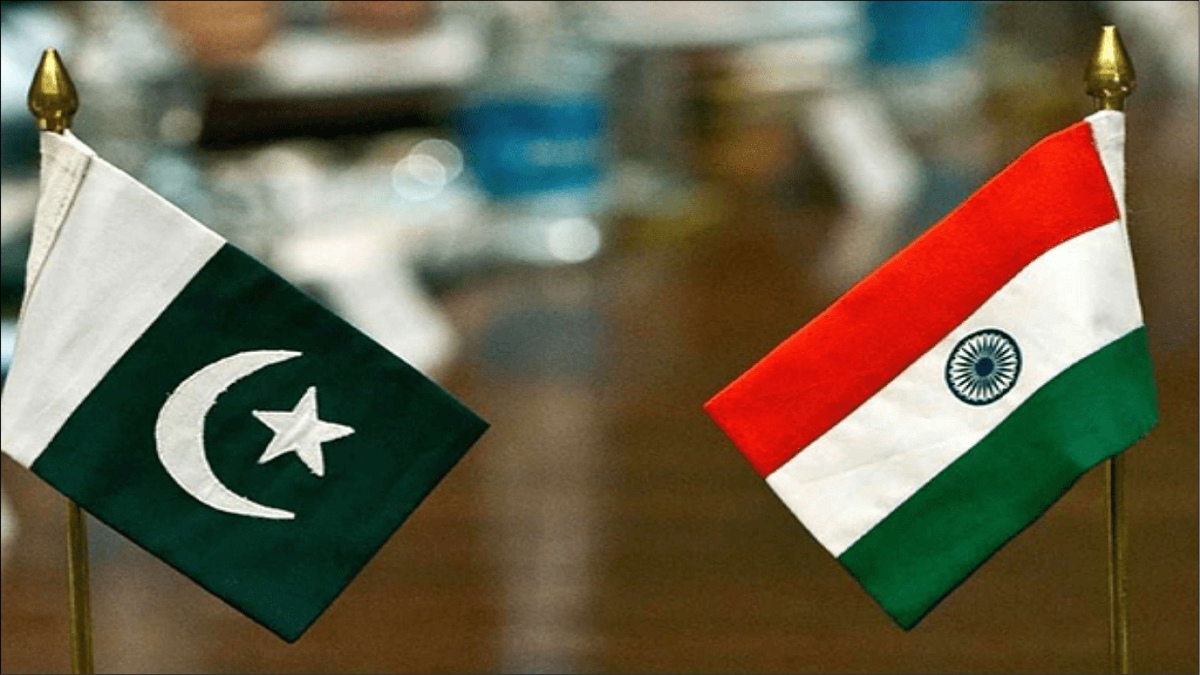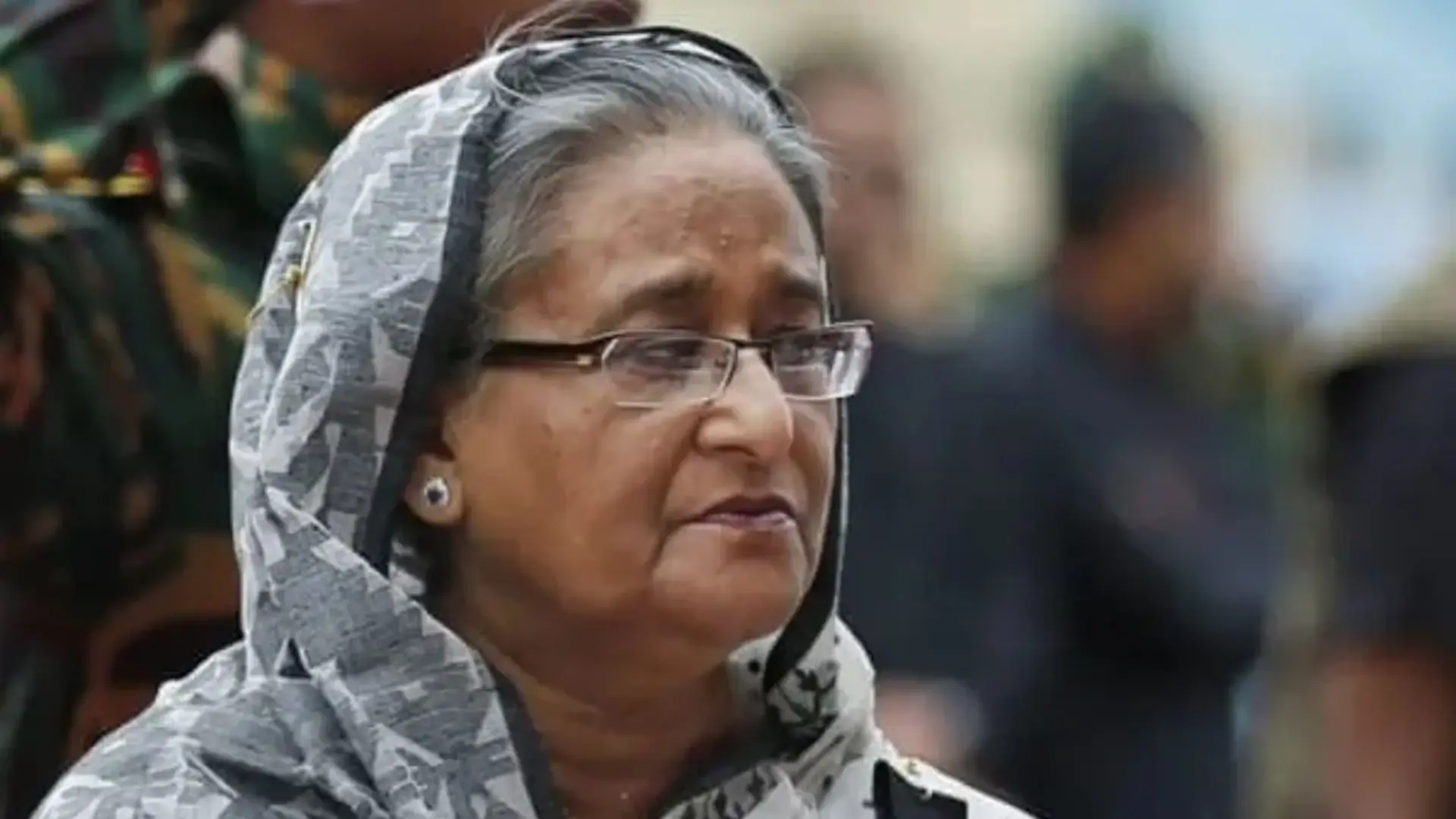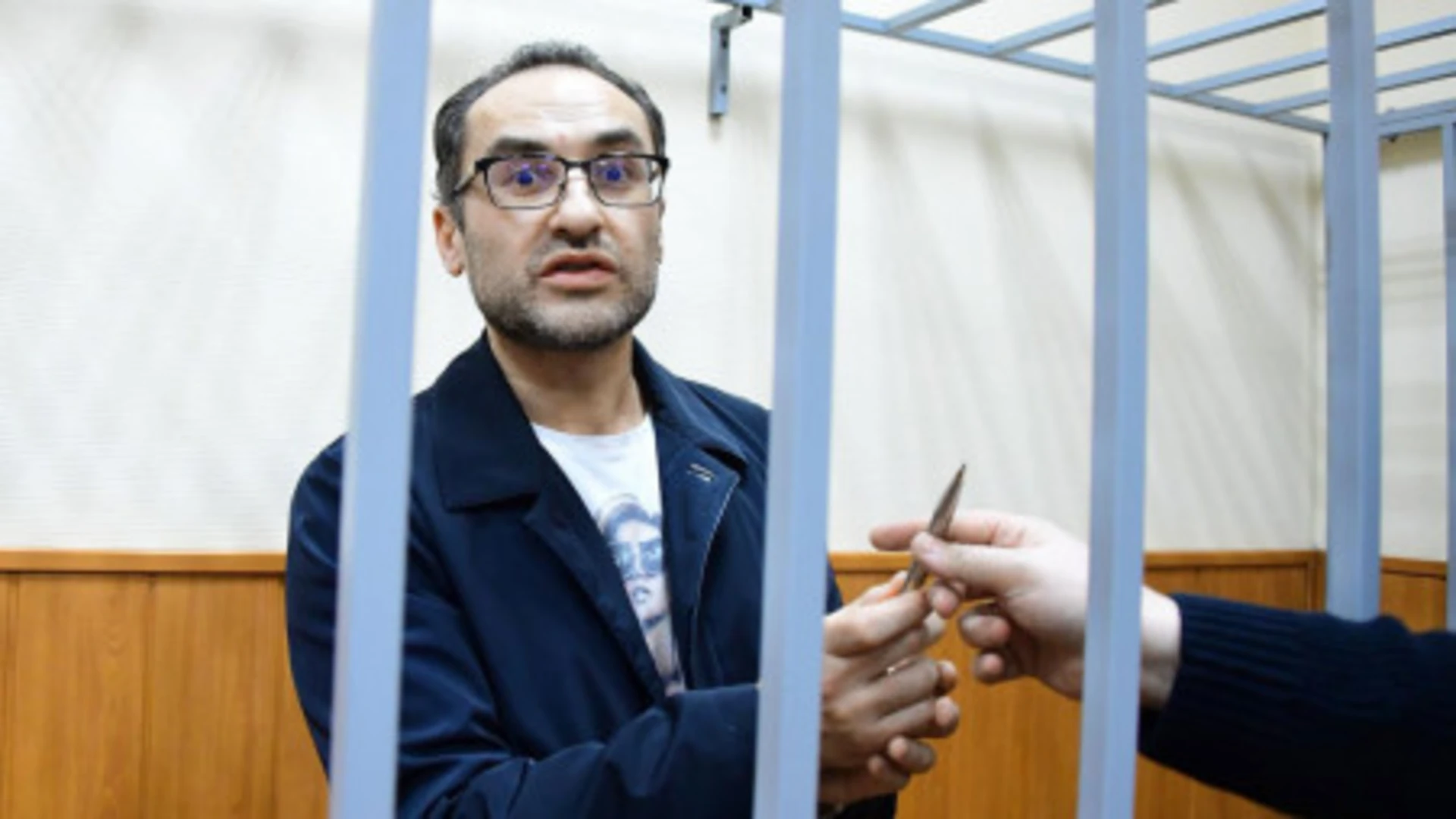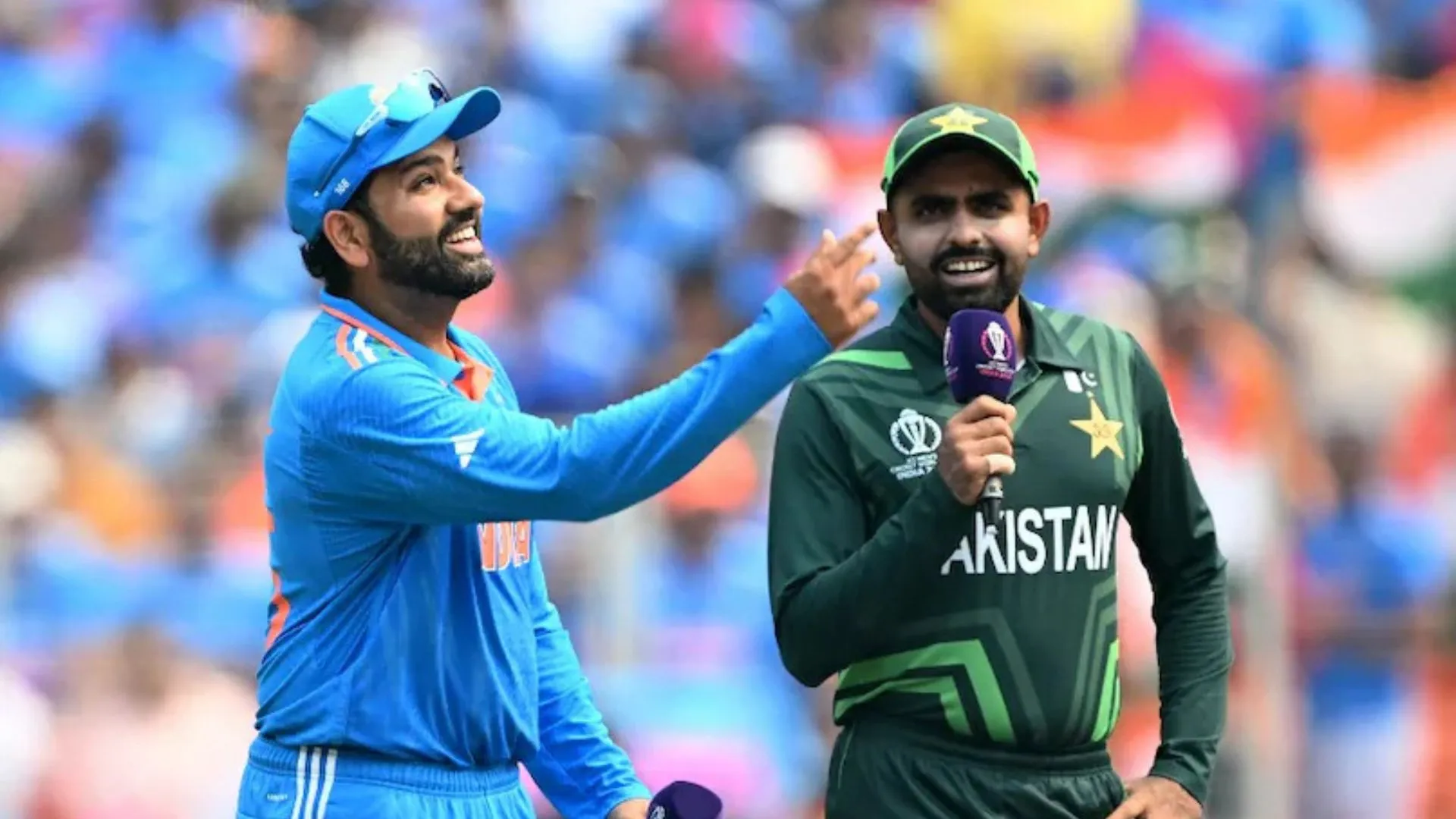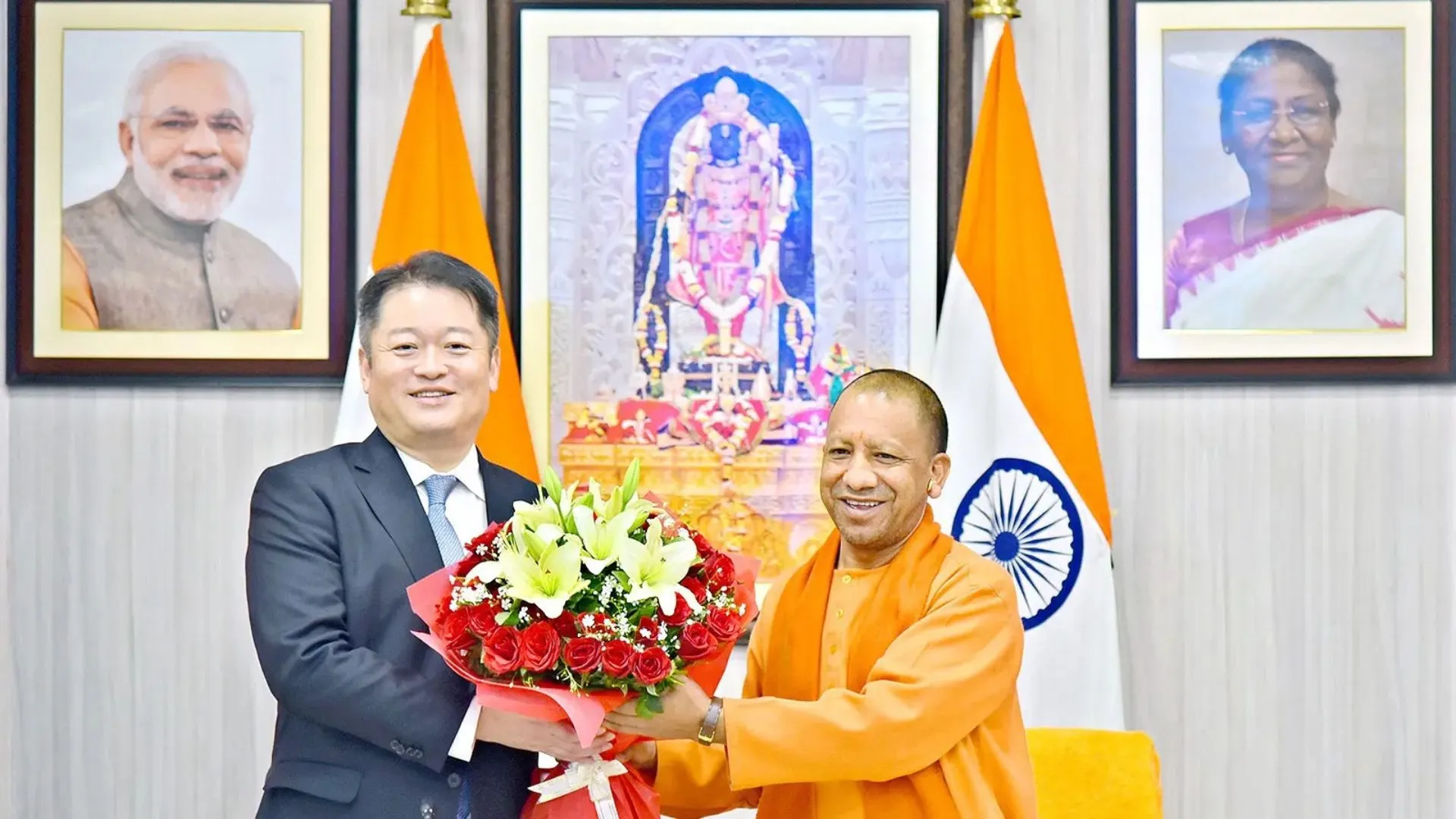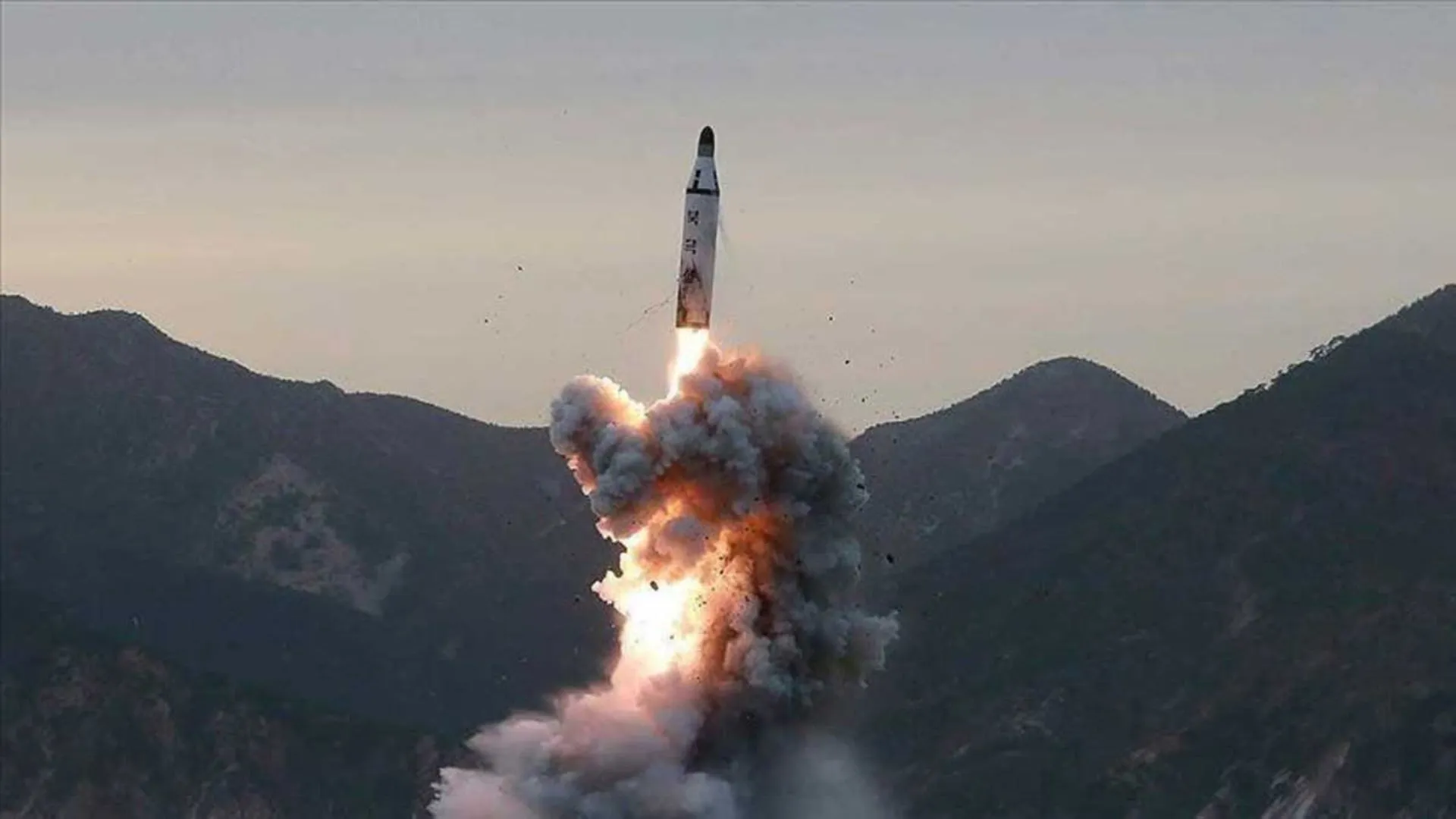I have picked some opinion pieces from the first three days of January 2021 of Dawn. Barring one article on “Kashmir’s Future” by A.G. Noorani there is no anti-India rant at the beginning of 2021. In fact, in all the articles I have read, I sense a grudging admiration for India! When Pervez Hoodbhoy says ‘the West, China, and India developed modern scientific cultures’, he has bracketed us in an elite league already. When a Pakistani educationist starts talking of Kendriya there is something which we might have done well.
A New Year is full of resolutions and soul searching. That seems to be the case in Pakistan too. An elemental truth of the country emerges in the first few articles of 2021. For what it’s worth, the sense I got was that India is turning out not exactly as Pakistan imagined or wanted it to be, but as what Pakistan itself wanted to be! Of course, the Pakistani Army will contend with my views. They want to be what they are. Sellers of their nation to the highest bidder (presently China) and make a fat buck and more! The danger in all this soul-searching is that ‘neighbours’ envy owner’s pride’ factor might kick in. Pakistani frustrations at not being India might fuel the anti-India sentiment even further. That applies to the rest of Pakistan also. We will have to watch this carefully.
TILL THEN PIA REMAINS GROUNDED!
Hope Pakistan continues to internalise. The indications appear so. Whenever we wanted to settle Kashmir, we had to dance to Pakistan’s tunes. Read this with my earlier articles of similar genre on Pakistan. This is the window we are looking for when Pakistan cannot interfere in our internal affairs beyond a point! You will get the drift that the window is good enough for us to make some meaningful moves. Settle Kashmir!
PLOTS AND PLANS FOR 2021 BY FAHID HUSAIN
The view of a Pakistani Chamcha! This guy thinks that Imran Khan is finally reaching the edge of a wonderful world he has created! The problem for ‘Im the Dim’ is that he might fall of the cliff or the edge of a tank!
…. It is a pretty good start of the year for Prime Minister Imran Khan.
Perched on his high chair he surveys the land he rules and sees his enemies struggling to break free from the shackles of their purported clarity. He watches them scurry back to their drawing boards in a desperate bid to figure the next course of action in the wake of the PPP’s decision to contest the Senate elections, and he allows himself a satisfied smile. In the third year of his five-year term, he can now sit back, look beyond the PDM threat, and focus on getting some governance done—finally. So, he thinks to himself, what a wonderful world.
MUSLIMS AND TECHNOLOGY BY PERVEZ HOODBHOY
I like reading his views. He pinpoints the Pakistani mindset like a lance. Recommended to read the full article. Except for some defiant holdouts, most Muslims have come to accept the printing press, loudspeaker, weather forecasts, cameras and television, blood transfusions, organ transplants, and in-vitro fertilisation. Earlier fears that technology will destroy their faith are disappearing. Although religious extremists have killed polio vaccine workers by the dozens, Pakistanis are likely to accept the Covid vaccine more easily than Americans. This is progress. Pakistan functions as a nation of shopkeepers, property dealers, managers, hoteliers, accountants, bankers, soldiers, politicians and generals. There are even a few good poets and writers. But there is no Pakistani Covid vaccine. With so few genuine scientists and researchers it produces little new knowledge or products. That 81 Pakistanis were recently ranked in the world’s top two per cent of scientists by Stanford University turned out to be fake news. Stanford University was not involved in this highly dubious ranking. This was confirmed to me over email last week by Prof John Ioannidis of Stanford University. He, together with three co-authors, had been cited as the source. Separation is the key! When Galileo famously said “the Bible teaches us how to go to heaven, not how the heavens go”, he was arguing the domains of science and belief do not overlap. This is how the West, China, and India developed modern scientific cultures.
BIG IDEAS BOLD MOVES BY SAKIB SHERANI
Another article by another chamcha of Imran Khan. However, the importance of this article lies in the fact that the Pakis have started to understand that near-existential challenges of Pakistan are internal to them and do not lie to their west! It also highlights the challenges faced by Pakistan. Pkistan has been beset with severe challenges on a wide number of fronts for the past several decades, ranging inter alia from poverty to pollution, climate change and water stress. These near-existential challenges require ‘big’ responses—in scale as well as scope. To be successful, the responses need to be underpinned by resources and the means to deliver. These include both fiscal resources as well as a minimum threshold level of state capacity. They also need to be sustained over a protracted period of time.
A FLUCTUATING GRAPH BY KHURRAM HUSAIN
Interesting article. The short point is that Pakistan is starting 2021 the same way as 2020… at the bottom of its economic down fall. What does it tell me? It tells me that Pakistan will continue to internalise. The year 2020 began and ended with the government talking about economic recovery, but along the way it faced challenges of an unprecedented nature. Past crises have almost always involved a sudden drain of the country’s foreign exchange reserves, prompting an emergency appeal to the IMF, followed by a gruelling period of macroeconomic adjustment that forces the government to sharply curb expenditures, raise taxes, hike interest rates and devalue the currency. The resultant economic pain almost always drains the political goodwill of the government which is forced to administer this medicine, and very soon the economic crisis gives way to increasing political challenges for the government. In 2021, the government will have to face the question it was supposed to have faced in 2020: how does it plan to walk the line set by the IMF programme and continue with its pro-growth policies at the same time?
CRISIS OF PAKISTANI DEMOCRACY BY ZAHID HUSAIN
For a change the writer is speaking some hard truths about Pakistan. The problem is within! Pakistan remains a nation where democracy has been a corpse for a long time. The ongoing battle between the opposition and the PTI government has brought to the surface the worst of the prevailing political culture. It illustrates patterns of behaviour that should have little to do with the norms and values relevant to a democratic polity. While the country is ruled by a self-righteous and novice leadership perceived as being propped up by the security establishment, the motley opposition alliance seems hardly capable of bringing any change to the existing dynastic power structure that contradicts the very ethos of democracy. For over 70 years, the country has alternated between authoritarian military regimes and ineffective elected civilian rule. But there have been no fundamental changes to Pakistan’s political power structure. A small power elite has dominated the country’s political scene under civilian as well as military rule. The extractive nature of the state institutions has stunted the growth of an inclusive democratic process. Democracy is not about power but about fundamental structural political reform.
AT A LOSS FOR WORDS BY ANJUM ALTAF
Another interesting read. Pakistanis are discovering that there is something far more than terrorism as a subject of state education. Also nation building starts with getting back to cultural and linguistic roots even if they are derived partly from Sanskrit! I had one incongruous visual impression pertaining to the names of the schools that might seem peripheral to many. In villages with every student a native speaker of Punjabi and Urdu the medium of instruction, the names of schools, written in both Urdu and English, were comprised entirely of English words — ‘government’, ‘girls’, ‘high’, and ‘school’. I wonder if this strikes anyone as odd? It would be fine to refer to a school thus in a report written in English but shouldn’t it have an indigenous name as well? In India, one comes across ‘kendriya vidyalaya’ and in Iran I am sure there is some equivalent of ‘madressah-i markazi’. Thinking along these lines, it occurred to me that we have no word for ‘college’ and although ‘jamia’ is a perfect equivalent for university (there is the Jamia Millia Islamia in Delhi. When I looked up websites of institutions in Iran and India, I saw their indigenous names along with their English translations with both displayed on their respective logos. Thus, Daneshgah-i-Tehran (Tehran University), Jawaharlal Nehru Vishvavidyalaya (Jawaharlal Nehru University), Bharatiya Praudyogikee Sansthaan (Indian Institute of Technology), Bharatiya Prabandh Sansthaan (Indian Institute of Management), etc. All have websites in the local language as well. Contrast that with Lahore University of Management Sciences that was conceived and born in English and has not felt the need to invent a local name or offer a website in Urdu. (‘Lums,’ on the other hand, has entered the vocabulary as a local term which led to a mercifully aborted move by the university to rename itself ‘LumsU’).
BAN SALE OF ACID BY EN BANDIAL
This is heart wrenching. For a Pakistani to appeal for ban of sale of acid on the new year reflects the depravity of Pakistan! CHAND raat 2015, Karachi: in a dimly lit neighbourhood, an agitated man clenched a vial, as moonlight refracted through the translucent liquid inside it. Stillness eventually broke with an intensifying engine growl and tyre screech overlapping a splash and incessant wailing. The man had successfully hurled acid at his target, 19-year-old Raheela, and inadvertently splattered her infant nephew. As the acid trickled down their faces, skin crumbled and dissolved, leaving scars that would haunt them forever. Today, Raheela looks in the mirror to find two passages instead of a nose, a crooked slit instead of lips and contorted skin; she suffers from visual and other sensory impairments and breathing difficulties. Selling this lethal liquid in Pakistan for trivial purposes like unclogging drains threatens the right to life and security. Acknowledging that acid attacks kill or result in permanent disabilities, strip identities, and cause mental and physical agony, the courts condemn them as a crime against the state, a bigger crime than murder, and yet the root cause remains. Over-the-counter sales and unlicensed production, import, transport, storage and use of acid must be strictly prohibited and stringently enforced. Preventative policing and awareness campaigns on women’s rights, gender equity and equality for Pakistani men and women should be launched in a bid to abolish the culture of accepting brutality against women. Creating an egalitarian environment based on impartiality, tolerance and respect is vital. The Quaid may have left Pakistan with the ideology of protecting women, but today, indifference towards these victims of violence taints Pakistan’s image.
DISINFO PERILS BY BEENISH ZIA
Read this article and one realises that women empowerment is the least of Pakistani priorities. Their higher priority seems to be Hafiz Sayeed and LeT and Jaish! It is astonishing but there are some women’s rights that are extensively protected in Pakistan through existing legal mechanisms. More surprisingly, some of them are practically implemented. One such right that enjoys proper legal protection is the right of a woman to dissolve her marriage. But then, one may ask, where does the problem lie? Why are vulnerable women still suffering in silence? The important point here is that women are not dependent on men to end their marriage. It is their choice and theirs only whether to start, continue or to end a marriage. One of the key perpetrators for spreading disinformation is our entertainment industry, in particular the drama industry. A majority of women religiously watch the dramas that air on different channels. The dramas regularly show women being physically abused or being portrayed as home-wreckers but what has caught my attention of late is the regular portrayal of what women have to go through to end an abusive marriage.
Discuss what you might…the true story of Pakistan won’t change.
Lt Gen P.R. Shankar was India’s DG Artillery. He is highly decorated and qualified with vast operational experience. He contributed significantly to the modernisation and indigenisation of Artillery. He is now a Professor in the Aerospace Dept of IIT Madras and is involved in applied research for defence technology. His other articles can be read on www.gunnersshot.com.
Pakistan remains a nation where democracy has been a corpse for a long time. The ongoing battle between the opposition and the PTI government has brought to the surface the worst of the prevailing political culture. It illustrates patterns of behaviour that should have little to do with the norms and values relevant to a democratic polity. While the country is ruled by a self-righteous and novice leadership perceived as being propped up by the security establishment, the motley opposition alliance seems hardly capable of bringing any change to the existing dynastic power structure that contradicts the very ethos of democracy.
Women empowerment is the least of Pakistani priorities. Their higher priority seems to be Hafiz Sayeed and LeT and Jaish! It is astonishing but there are some women’s rights that are extensively protected in Pakistan through existing legal mechanisms. More surprisingly, some of them are practically implemented. One such right that enjoys proper legal protection is the right of a woman to dissolve her marriage. But then, one may ask, where does the problem lie?

